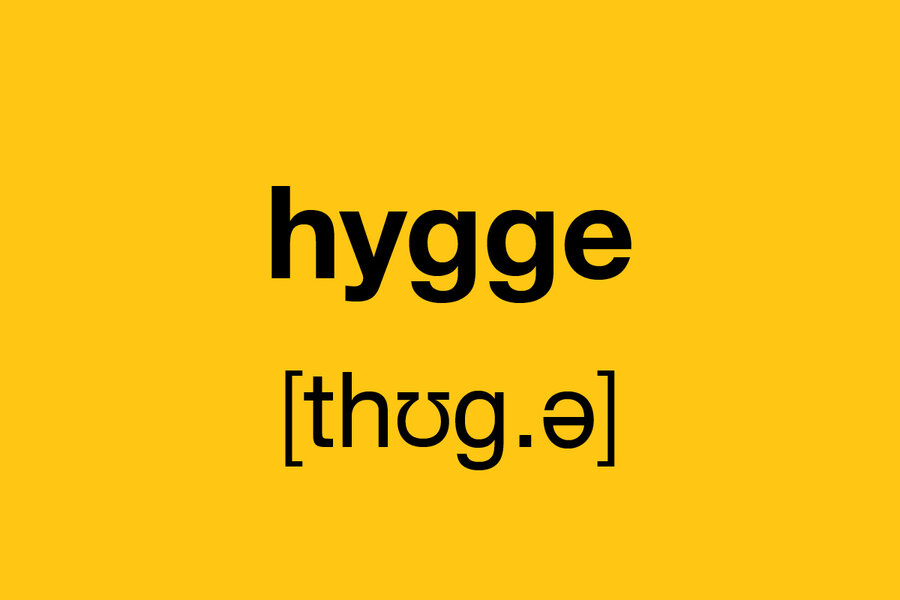Human experience is shared, even if words aren’t
Loading...
Last time we talked, we looked at the German word Fingerspitzengefühl, a combination of “fingertip” and “sense” or “feeling,” which connotes a kind of sixth-sense awareness of the right move in a difficult situation.
What about the notion that if a language has a word for a particular idea, users of that language have a kind of exclusive or privileged access to that concept? This is a widespread belief: Languages can contain untranslatable words and if you don’t know the language, you’re barred from that experience. This is not true.
There’s definitely something fascinating about supposedly untranslatable words. I own several enjoyable books about such words. But not knowing the word Fingerspitzengefühl doesn’t mean that you can’t grok the idea of the subtle skills it refers to. And just because you don’t speak Danish doesn’t mean that you can’t experience the particular sense of coziness that the famous hygge denotes.
It is true that cultures develop worldviews, ways of perceiving and thinking about the world, that are often reflected in their vocabulary. It takes effort to put oneself in their intellectual and emotional shoes. But it’s possible. You can acquire a sense of hygge as a speaker of English, even if it takes reading a magazine article or a book. People recognize feelings such as hygge as part of human experience. We are not total strangers to each other.
There are aspects of our reality that are still waiting for words. Douglas Adams (of “Hitchhiker’s Guide to the Galaxy” fame) and John Lloyd once wrote a delightful little book, “The Meaning of Liff.” The premise was to put “useless” place names, from Wales and other places, to work by assigning them concepts for which hitherto we have not had a word. One of my favorite entries:
“CORRIEARKLET (n.) The moment at which two people approaching from opposite ends of a long passageway, recognise each other and immediately pretend they haven’t. This is to avoid the ghastly embarrassment of having to continue recognising each other the whole length of the corridor.”
If like me, you work at a place with long corridors (one of ours at MIT is actually called “The Infinite Corridor”), you know this phenomenon well and now you have a word for it.
For additional concepts that may deserve a word, pay attention to the internet meme TFW (“that feeling when”), which consists of succinct descriptions of all-too-recognizable situations. TFW the word count has been reached.
Guest columnist Kai von Fintel is a professor of linguistics at the Massachusetts Institute of Technology. In a Word columnist Melissa Mohr is on sabbatical.





